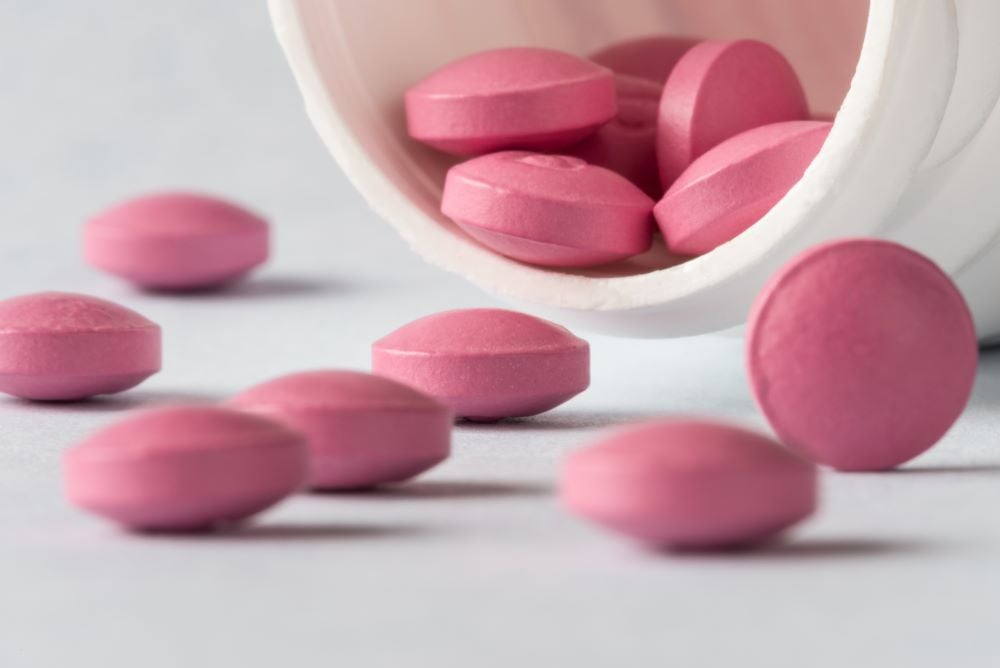Mixed-meal-stimulated mean C-peptide levels at 48 weeks higher for those treated with baricitinib versus placebo
By Elana Gotkine HealthDay Reporter
THURSDAY, Dec. 7, 2023 (HealthDay News) — Daily baricitinib treatment over 48 weeks preserves β-cell function in patients with type 1 diabetes diagnosed recently, according to a study published in the Dec. 7 issue of the New England Journal of Medicine.
Michaela Waibel, Ph.D., from St. Vincent’s Institute of Medical Research in Melbourne, Australia, and colleagues conducted a phase 2, randomized trial involving patients with type 1 diabetes diagnosed during the previous 100 days to receive baricitinib or matched placebo for 48 weeks (60 and 31 patients, respectively). The primary outcome was the mean C-peptide level during a two-hour mixed-meal tolerance test at week 48.
The researchers found that the median of the mixed-meal stimulated mean C-peptide level at week 48 was 0.65 and 0.43 nmol/L/min in the baricitinib and placebo groups, respectively. At 48 weeks, the mean daily insulin dose was 0.41 and 0.52 U/kg body weight/day in the baricitinib and placebo groups, respectively. In the two trial groups, the levels of glycated hemoglobin were similar. However, at 48 weeks, the mean coefficient of variation of the glucose level was 29.6 and 33.8 percent in the baricitinib and placebo groups, respectively, as measured by continuous glucose monitoring. The groups had similar frequency and severity of adverse events.
“Patients treated with the Janus kinase inhibitor baricitinib had higher mixed-meal-stimulated mean C-peptide levels at 48 weeks than those treated with placebo, which suggests that β-cell function was preserved,” the authors write.
Baricitinib and identical placebo tablets were provided by Eli Lilly.
Editorial (subscription or payment may be required)
Copyright © 2023 HealthDay. All rights reserved.








